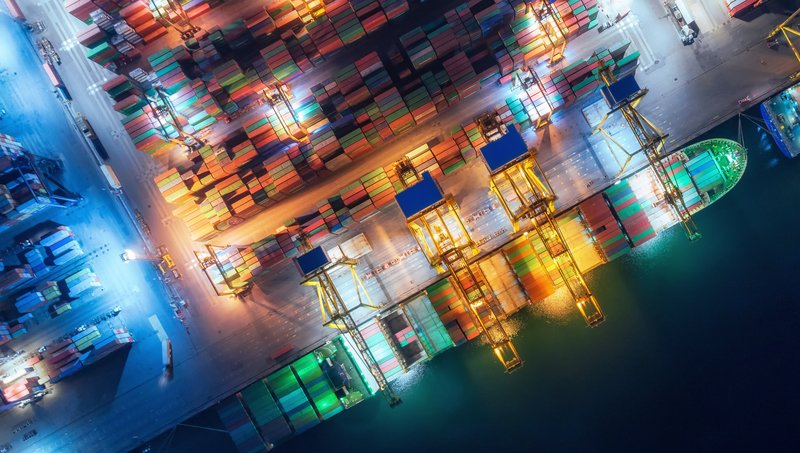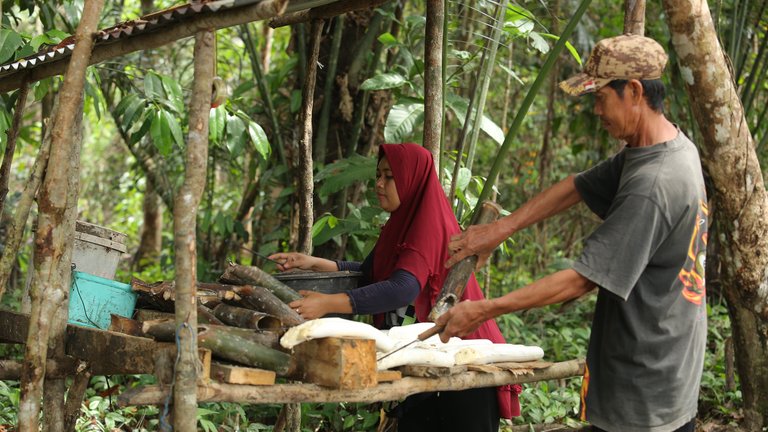Responsible Value Chain
Where do our raw materials come from? How are our products manufactured? Are human rights respected, and what about the environment? We continually ask ourselves these questions – and ensure that human rights are respected and environmental impacts minimized in order to establish a fair, equitable and sustainable value chain.
By 2050 at the latest, we want to shape the value chain in such a way that the procurement of our raw materials and our global business partnerships are fully responsible. This will ensure that the people who work for us around the world are treated fairly and that our planet is protected. Compliance with due diligence obligations is a basic prerequisite.
The German Supply Chain Act, which has been in force since 2023, sets out specific regulatory requirements for the design of human rights due diligence systems. As a global technology company, we not only want to deliver the best products, but also take a close look at the impact of our own business activities in order to understand and improve our social and environmental footprint. Our main objective is to respect human rights and the environment along every link of the chain.
Ethical action is key
To achieve this goal, Continental follows the principle of “human rights due diligence.” This concept is defined in the guiding principles of the United Nations (UN) and the Organization for Economic Cooperation and Development (OECD).
“We don’t just want to know our supply chains, we want to keep improving them, even if this means that we sometimes have to enter into new partnerships and rebuild value chains to do so,” says Dr. Steffen Schwartz-Höfler, head of Sustainability at Continental.
This change is an absolute must for Continental. After all, a responsible value chain plays a key role in securing access to resources and markets around the world. This importance is also reflected in the results of our latest sustainability report: the number of supplier self-disclosure questionnaires increased by 28 percent in 2023 compared with the previous year. This means that we are continuously increasing transparency regarding the sustainability-related business practices of our suppliers. So we are not alone in being aware that our responsibility in ensuring that ethical action and the resulting better supply chains are key to a successful future.
Back to overview sustainability.







